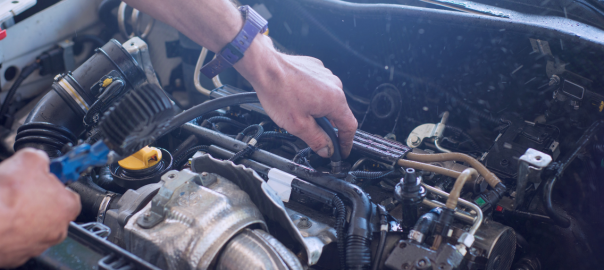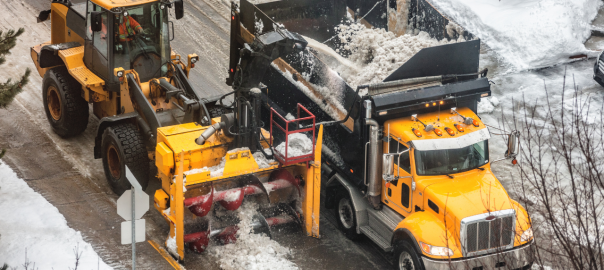When it comes to heavy truck repair, especially in a sweltering place like Houston, there’s nothing more crucial than a reliable reefer system. These systems are the lifelines of the transport industry, ensuring that perishable goods stay fresh and safe during transit. However, like any other mechanical system, reefers can run into issues. In the past, troubleshooting these problems could be a daunting task, but thanks to technological advancements and innovative solutions, the process has become far more manageable.
In this blog, we’ll explore some groundbreaking innovations in reefer system troubleshooting that are making the lives of truckers and truck repair experts in Houston a whole lot easier.
1. Remote Diagnostics and Telematics
One of the most significant advancements in reefer system troubleshooting is the integration of remote diagnostics and telematics. With the help of cutting-edge technology, refrigeration units are now equipped with sensors and communication devices that constantly monitor their performance. This real-time data is transmitted to a central control system, which can be accessed by heavy truck repair experts in Houston and beyond.
The benefits are twofold. Firstly, it allows for proactive maintenance. Truck repair professionals can pinpoint potential issues before they escalate, saving time and money. Secondly, in case of a breakdown, technicians can remotely diagnose the problem, often reducing downtime significantly. This innovation not only keeps goods from spoiling but also keeps businesses running smoothly.
2. Predictive Analytics
In the realm of reefer system troubleshooting, predictive analytics is a game-changer. Utilizing historical data and machine learning algorithms, predictive analytics can forecast potential problems with remarkable accuracy. These predictions allow for preventive measures to be taken, further minimizing the chances of a breakdown.
For truck repair in Houston, where the heat can be relentless, this innovation is invaluable. It not only prevents costly repairs but also ensures that goods reach their destination in pristine condition, even in the scorching Texan summers.
3. Smartphone Apps for On-the-Go Monitoring
Imagine being able to check the status of your reefer system from your smartphone, no matter where you are. Well, thanks to the advent of dedicated apps, truckers and truck repair experts in Houston can do just that. These user-friendly applications provide real-time information about the reefer’s temperature, performance, and any potential issues.
4. Enhanced Refrigeration Unit Design
Innovations in reefer unit design have also played a significant role in troubleshooting. Newer units are built with greater reliability in mind. They incorporate features like self-diagnostics and modular components, which simplify the process of identifying and replacing faulty parts.
5. Eco-Friendly Refrigerants
In the era of environmental consciousness, eco-friendly refrigerants are gaining traction in the reefer industry. These refrigerants not only reduce the carbon footprint but also tend to be more stable and less prone to leaks, which can be a common source of reefer problems.
In conclusion, the world of reefer system troubleshooting has undergone a remarkable transformation in recent years, thanks to these innovative solutions. From remote diagnostics to predictive analytics and user-friendly smartphone apps, these advancements are making heavy truck repair in Houston and elsewhere more efficient and effective. So, the next time you see a truck hauling perishable goods down the scorching Texas highways, remember that behind the scenes, cutting-edge technology is hard at work, ensuring those goods stay cool and safe.









